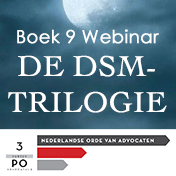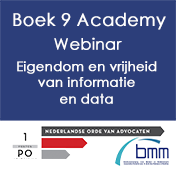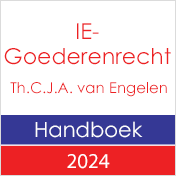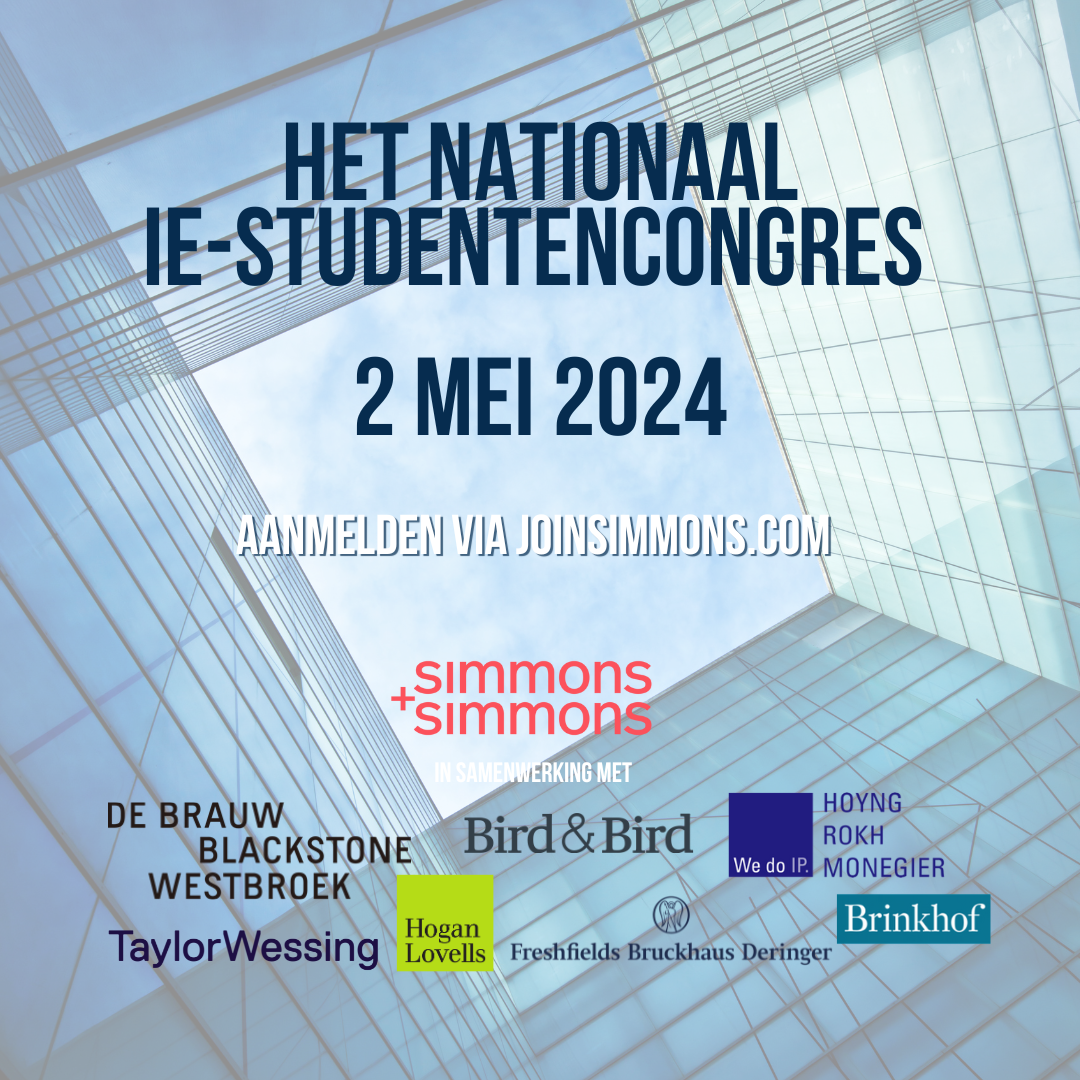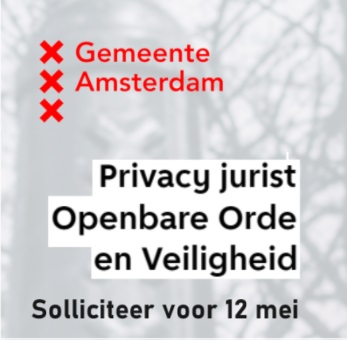
B9 10439. Neelie Kroes (EC Digitale Agenda): Who feeds the artist ? Speech gehouden op het Forum d'Avignon, 19 november 2011, Avignon).
“Citizens increasingly hear the word copyright and hate what is behind it.”
“ (…) Art feeds the soul. But who feeds the artist? Often, this debate focuses on copyright, especially enforcing copyright. But this isn't the whole story. (….) But let's ask ourselves, is the current copyright system the right and only tool to achieve our objectives? Not really, I'm afraid. We need to keep on fighting against piracy, but legal enforceability is becoming increasingly difficult; the millions of dollars invested trying to enforce copyright have not stemmed piracy. Meanwhile citizens increasingly hear the word copyright and hate what is behind it. Sadly, many see the current system as a tool to punish and withhold, not a tool to recognise and reward.
Speaking of economic reward: if that is the aim of our current copyright system, we're failing here too. 1000 euros a month is not much to live off. Often less than the minimum wage. But most artists, and not only the young ones at the early stages of their career, have to do so. Half the fine artists in the UK, half the "professional" authors in Germany, and, I am told, an incredible 97.5% of one of the biggest collecting society's members in Europe, receive less than that paltry payment of 1000 euros a month for their copyright works. Of course, the best-paid in this sector earn a lot, and well done to them. But at the bottom of the pyramid are a whole mass of people who need independent means or a second job just to survive.
This is a devastatingly hard way to earn a living. The crisis will only make this worse, as public and private spending on arts, so often seen as discretionary, feels the squeeze. This must be a worry to one of the most valuable and unique sectors in Europe: it is certainly a worry to me.
We need to go back to basics and put the artist at the centre, not only of copyright law, but of our whole policy on culture and growth. (….) It's not just about technology: smart legislation can help, too. We need to find the right rules, the right model to feed art, and feed artists. We need the legal framework to be flexible.
(…) In particular, we should make it as easy as possible to license, not obstruct that process while making sure that the system efficiently secures the interests of artists themselves. This is what we are doing at the Commission with our future legislative proposal on collective rights management.
(…) So that's my answer: it's not all about copyright. It is certainly important, but we need to stop obsessing about that. The life of an artist is tough: the crisis has made it tougher. Let's get back to basics, and deliver a system of recognition and reward that puts artists and creators at its heart.
Lees de gehele speech hier.



















































